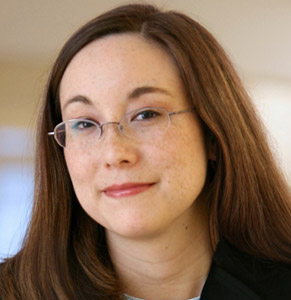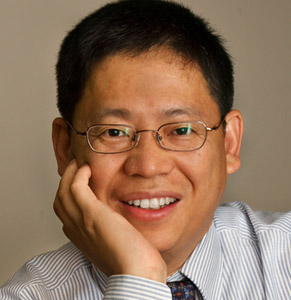On Jan. 20, the American Institute for Medical and Biological Engineering (AIMBE) announced the election of 79 new members to the College of Fellows, including two faculty at Washington University in St. Louis.

Sakiyama-Elbert
Shelly E. Sakiyama-Elbert, PhD, associate professor of biomedical engineering in the School of Engineering & Applied Science, was elected “for pioneering work on biomaterials for drug delivery and cell transplantation for the treatment of peripheral nerve and spinal cord injury.”
Her lab develops biomaterials scaffolds for drug delivery and stem cell transplantation to treat peripheral nerve and spinal cord injuries.
Younan Xia, PhD, the James M. McKelvey Professor in the School of Engineering & Applied Science, was elected “for his seminal contributions to the design and controlled synthesis of nanostructured materials for various biomedical applications.”
His group invented gold nanocages whose tunable optical properties make them excellent candidates for biomedical applications including imaging contrast enhancement, photothermal therapy and controlled release.

Xia
“Being given accolades by your peers is one of the most satisfying achievements of any academician’s career,” says Frank Yin, PhD, the Stephen F. and Camilla T. Brauer Distinguished Professor and chairman of the Department of Biomedical Engineering.
“Congratulations to Shelly and Younan as they join several other members of our department who have received this honor,” Yin says.
The AIMBE is a nonprofit organization representing 50,000 individuals. Its College of Fellows is composed of the top 2 percent of medical and biological engineers in the nation.
AIMBE was founded in 1991 to provide leadership and advocacy in medical and biological engineering for the benefit of society.
The work of fellows, according to the AIMBE, is “to protect the environment, lead to new national security safeguards and contribute to a better, healthier society.”
A formal induction ceremony will be held Monday, Feb. 21, during the institute’s 20th Annual Event in Washington, D.C.